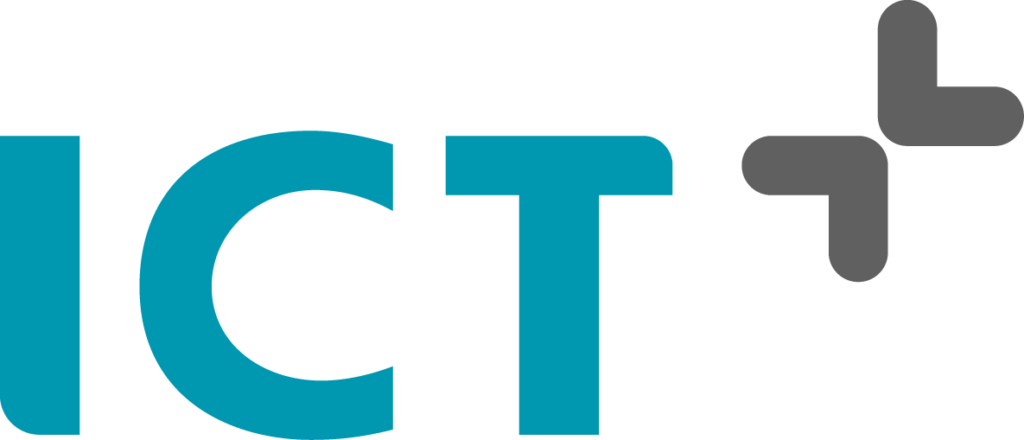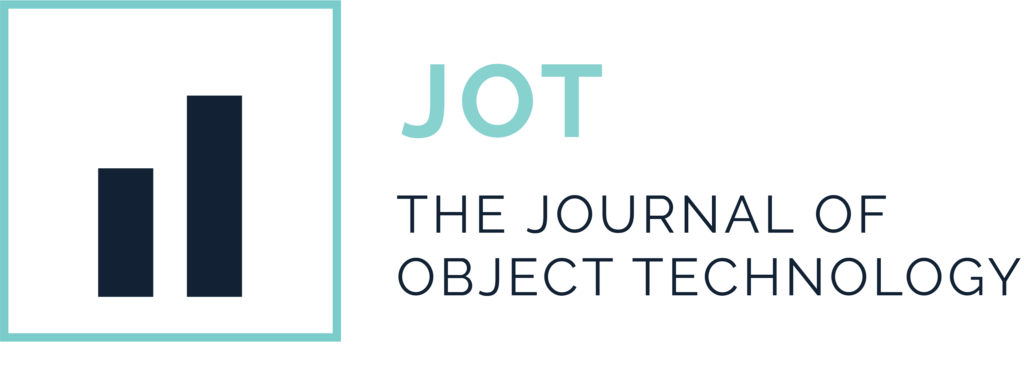Call for Papers
Model transformations are a core technology underlying the use of modeling and Domain Specific Languages (DLSs). Especially in DSL development, model transformations enable a decoupling of abstract and concrete syntax(es), supporting reuse and the coexistence of multiple concrete syntaxes (visual, textual) for the same DSL. Transformations also play a key role in analyzing models to reveal conceptual flaws or highlight quality bottlenecks, and in integrating heterogeneous tools into unified tool chains.
Ending the twenty-twenties, model transformations are facing two major questions: On the one hand, a main emerging purpose of model transformations in industry is addressing the continuous evolution of industry standards. For example, automotive companies updating from one to the next AUTOSAR version face huge investments and insecurities, due to the need to update their models. Model transformations build the core of most state-of-the-art technologies for such evolution attempts. However, industry is still hesitant to trust these approaches. Thus, the first main question is:
How can we ensure that model transformations produce expected results that foster the trust in and use of transformations for co-evolution?
On the other hand, recent studies indicate that modern modeling languages do not substantially differ from standard programming languages with regards to usability, productivity, and maintainability. This leads to the second main question:
Is it time to re-think the design of model transformation languages? What are new innovative language designs, e.g., allowing non-expert users to intuitively specify and validate model transformations?
Topics of interest include, but are not limited to:
-
Transformation Lifecycle:
- Development of transformations: specification, verification and validation, testing, debugging
- Evolution and maintenance of transformations: modularity, reusability, and composition
- Tool support
- Non-functional aspects of transformations, e.g. usability
-
Transformation Applications:
- Co-evolution, synchronization, and change propagation
- Round-trip/reverse/forward engineering
- Model refactoring, aspect weaving
- Model comparison, differencing, and merging
- Transformation in interplay with other fields, e.g., compiler construction and compiler verification
- Empirical Studies, such as case studies, experiments (e.g. comparisons of transformation languages), benchmarks, industrial experience reports
-
New transformation paradigms and language designs:
- Theoretical foundations
- Transformation algorithms and strategies (bidirectionality, incrementality, scalability)
- Higher-order transformation and transformation chains
- Model queries and pattern matching
- Transformation by example/demonstration
Download the Call for Papers as PDF.








